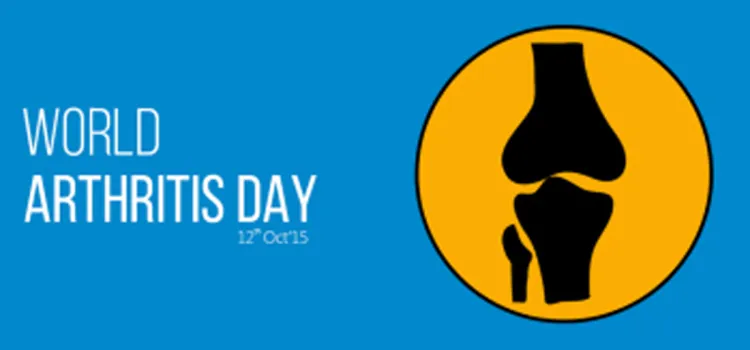Last updated on March 31st, 2025 at 12:08 pm
Principal author(s)
Catherine M Pound, Becky Blair; Canadian Paediatric Society, Nutrition and Gastroenterology Committee
Abstract
Sports drinks and caffeinated energy drinks (CEDs) are commonly consumed by youth. Both sports drinks and CEDs pose potential risks for the health of children and adolescents and may contribute to obesity. Sports drinks are generally unnecessary for children engaged in routine or play-based physical activity. CEDs may affect children and adolescents more than adults because they weigh less and thus experience greater exposure to stimulant ingredients per kilogram of body weight. Paediatricians need to recognize and educate patients and families on the differences between sport drinks and CEDs. Screening for the consumption of CEDs, especially when mixed with alcohol, should be done routinely. The combination of CEDs and alcohol may be a marker for higher risk of substance use or abuse and for other health-compromising behaviours.
Keywords: Alcohol; Caffeine; CEDs; Energy drinks; Sports drinks
The post Energy and sports drinks in children and adolescents appeared first on Facts About Water.
Source: Water Feed









Thanks for sharing. I read many of your blog posts, cool, your blog is very good.
Thank you for your sharing. I am worried that I lack creative ideas. It is your article that makes me full of hope. Thank you. But, I have a question, can you help me?
Thanks for sharing. I read many of your blog posts, cool, your blog is very good.